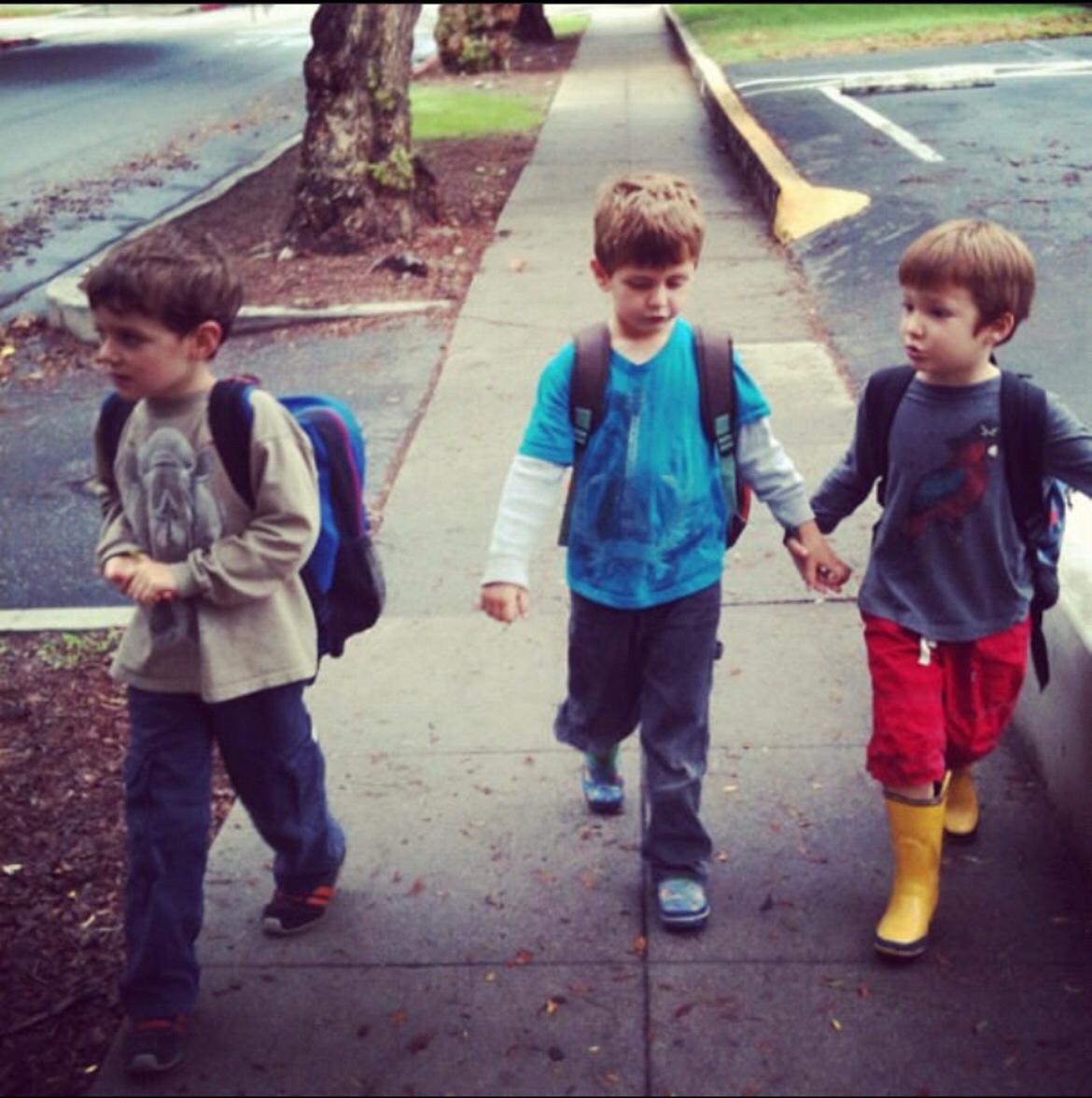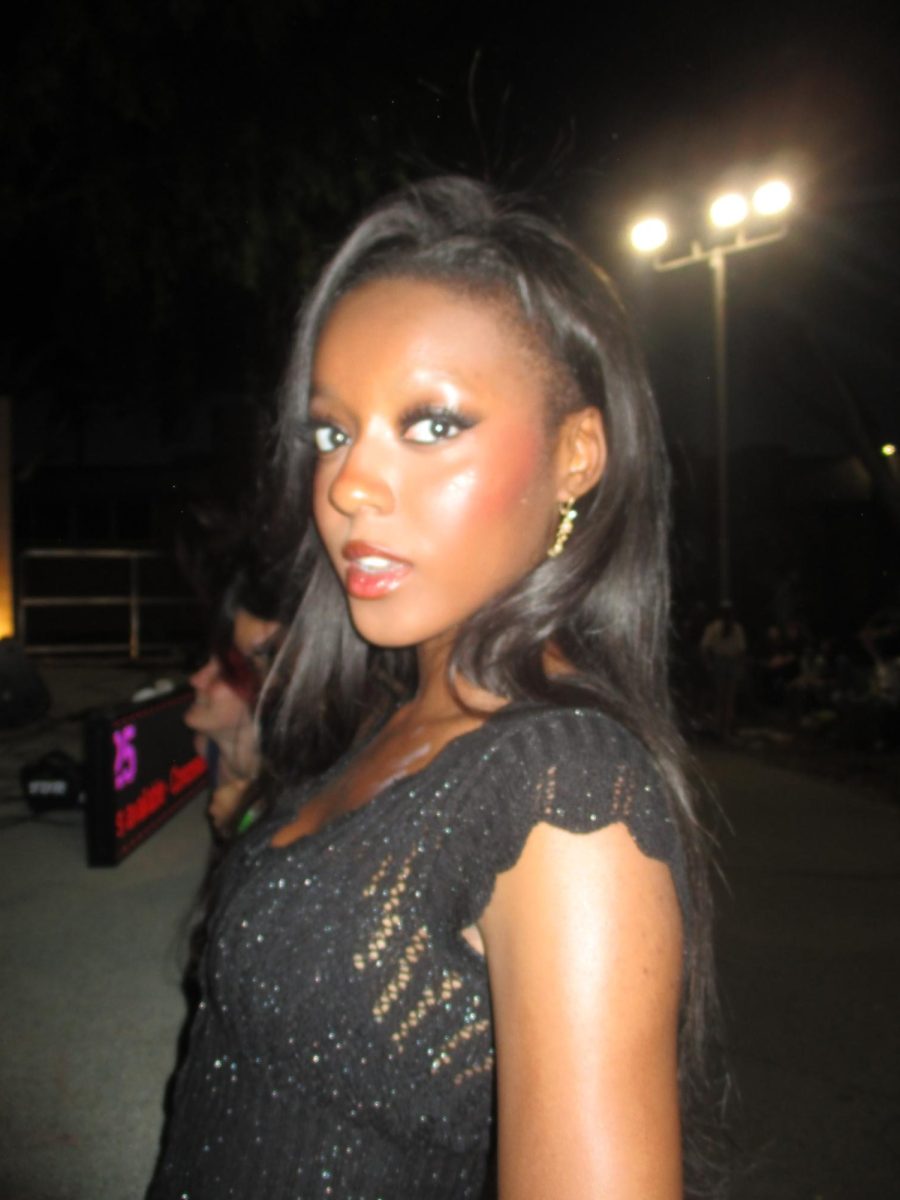It is way too common for people to get overly defensive about things like music. No, seriously–it seems like there are pretentious snobs everywhere, screaming at innocent passersby who are calmly listening to their favorite artist to “name all their songs, every person they’ve met, and their full government name!” But is it ever that serious?
So many people cannot go a day without being hated on, harassed, or called a fake fan just because they do not know every single personal detail about their favorite musician, actor, or general celebrity—which is interesting, because many of these artists are all about the concept that their music is for everyone.
“Nirvana is NOT a clothing brand, I mean…can you even name five songs?” This interaction probably seems fairly innocent, but the malice often behind it is more than meets the eye. Callout culture is much like cancel culture. It is derived from good intentions, wanting to keep fans “authentic,” however, it unfortunately becomes more exclusionary than anything else. It is a course of action deliberately taken to undermine or embarrass another person. Being characterized as a “fake fan” makes victims of pretentious media feel unworthy, uncool, or flat-out ostracized by peers. By punishing individuals for their interest in new artists, it discourages even the attempt to branch out.
Extreme fans wish to keep their interests and artists out of the public eye because of a need to feel special or different from other people. Gatekeeping music has become an increasingly common phenomenon that is described by The Post as a “defense mechanism” when fans feel threatened by another person being a “better” fan than they are. The article furthers that Taylor Swift fans were offended to see children at the Eras Tour because they claimed younger fans did not know any of her songs except “Shake It Off” or “Love Story” and lacked a “deeper understanding of her work”.
The consequences go far beyond social outcasting and can even extend to hurting the artists that extreme fans claim to love so much. It is in no way normal to know everything about an artist, no matter how much someone likes their music, and knowing too much about an artist can make them uncomfortable. Sometimes listeners go to extreme lengths, trying to prove that they like said artist the most. An example of inappropriate fan behavior is the case of Chappell Roan, the pop star whose popularity skyrocketed this summer with songs like “Good Luck, Babe!” and “HOT TO GO!” Roan has fallen victim to misinterpretation, expectations, and even stalking. According to Variety, Roan was also kissed without her consent, had her father’s personal number leaked, and was harassed by a man at an airport over an autograph. So clearly, trying to obtain all possible information about an artist is not okay. Celebrities are people too, and should be treated as such.
Music is for everyone, whether it be casual listeners or superfans. It is an art intended for all audiences, no matter how dedicated they are. However, the problem of pretentious media in the music industry is just a gateway to worse troubles. Instead of “calling out” those who are just trying to fit in, make friends, or even just explore new music, it should be a priority to welcome incoming popularity and befriend those with similar interests. But for now, let people listen to music in peace.












